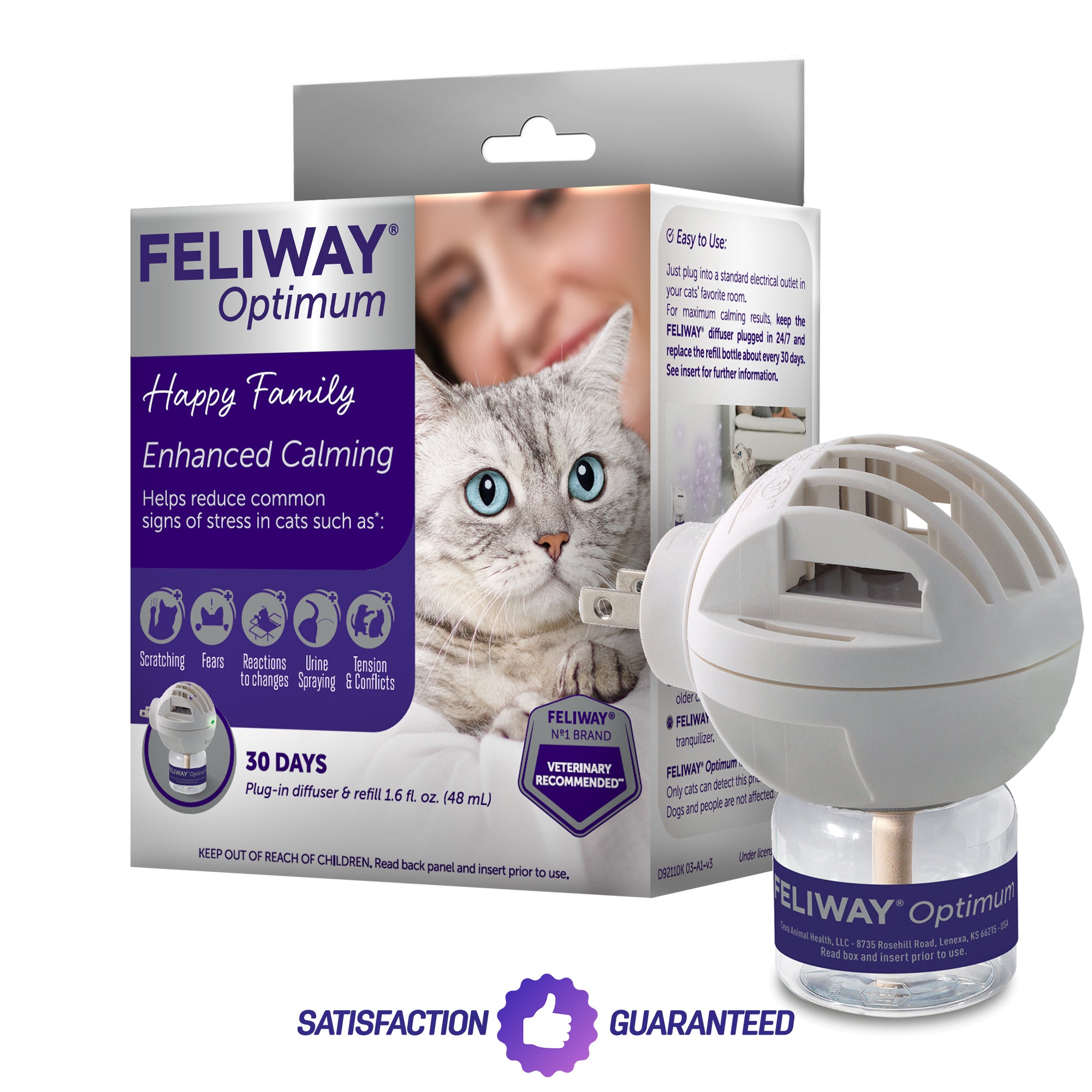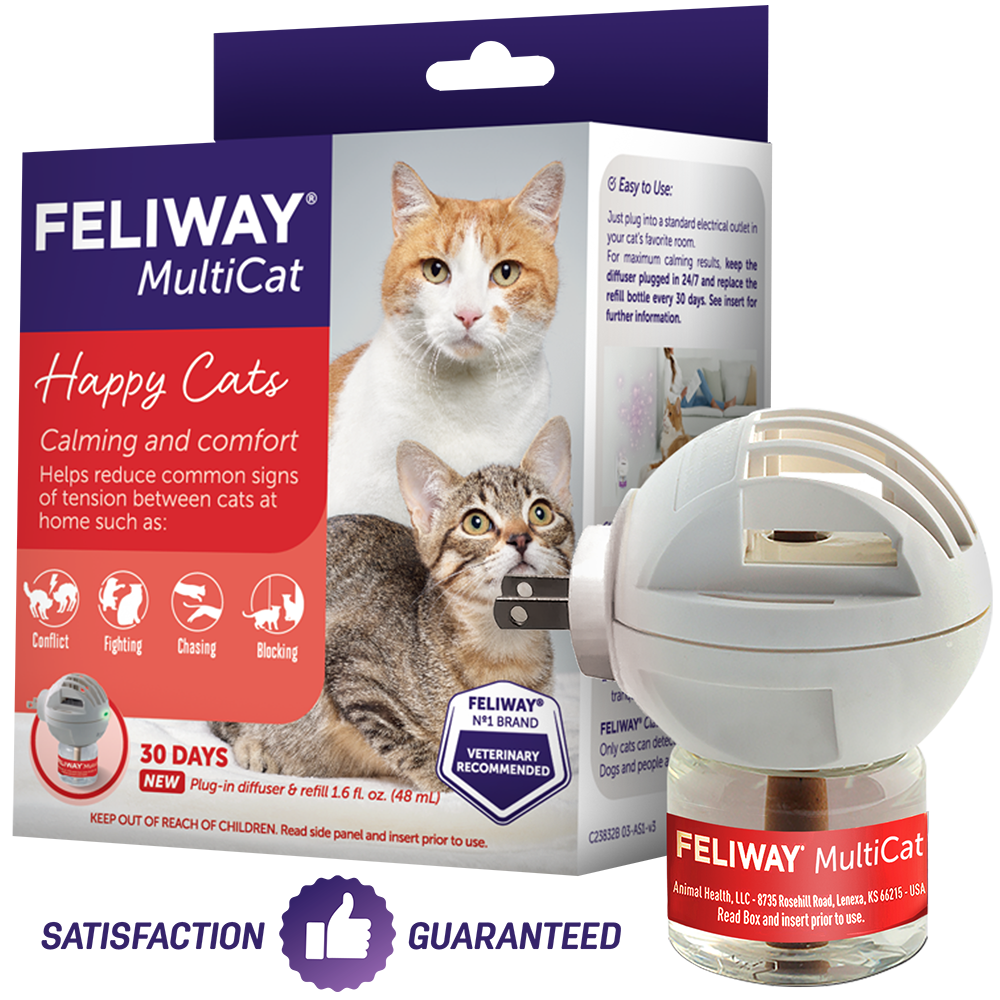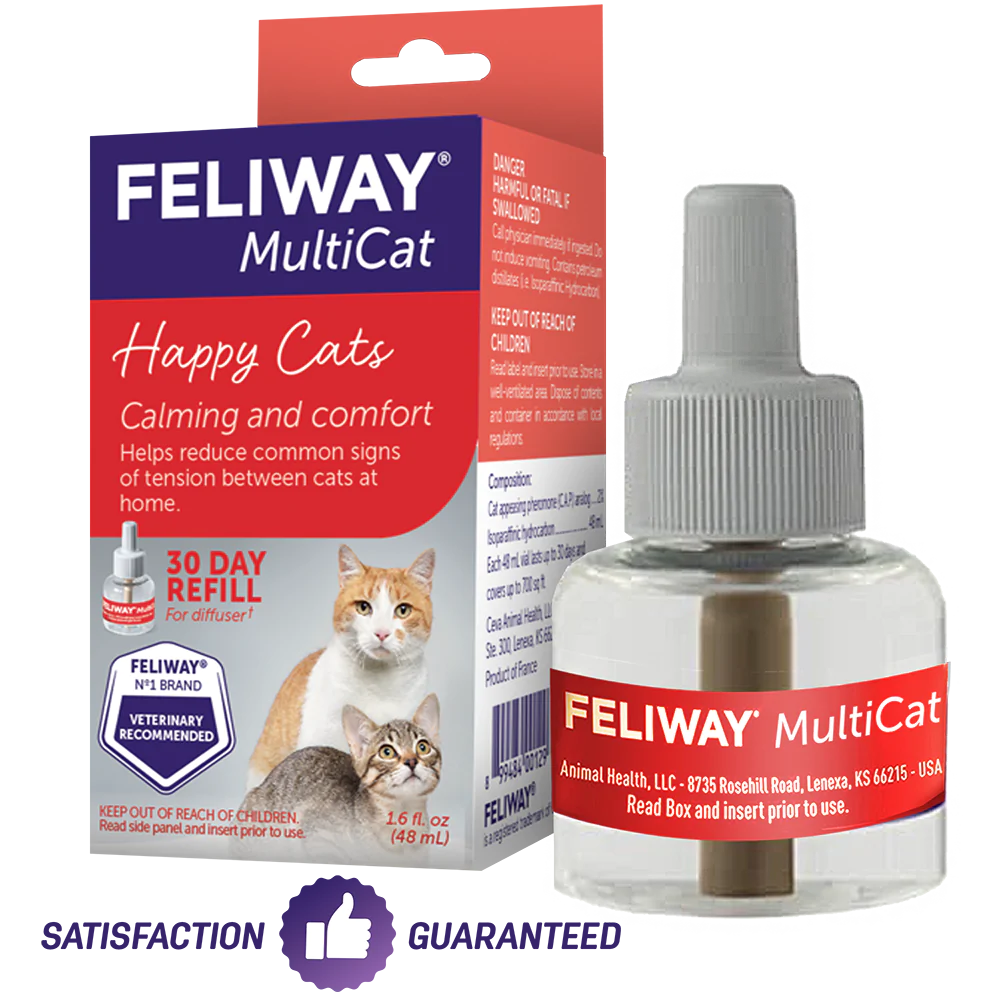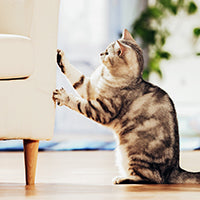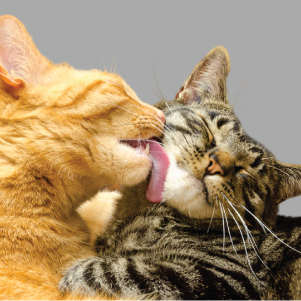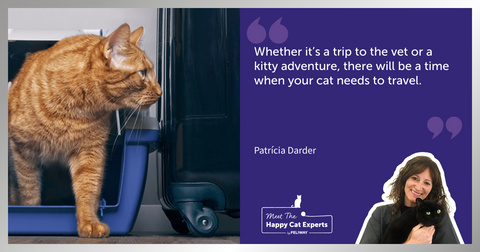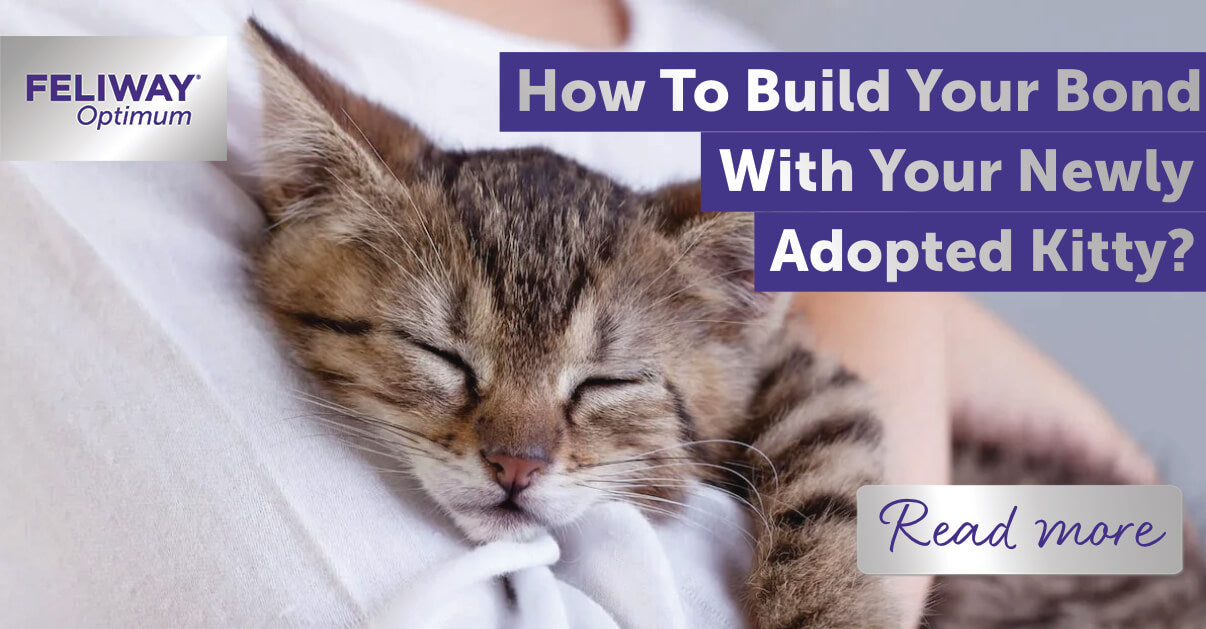
How to Build Your Bond With Your Newly Adopted Kitty!
So, you’ve got a beautiful new furrball in your home! Your newly adopted kitten will certainly be the center of attention and you’ll have a lot of fun watching them grow!
There are plenty of things that you can do to help your cat to settle in but it’s important to remember that this could take time. Cats are naturally a little wary when they are put into new situations and your newly adopted kitty will likely be no different. In fact, you may find that they scoot off into an inaccessible hiding spot as soon as you bring them home; this is not unusual and they will, in time, venture out again but you just need to be patient. Try plugging in FELIWAY Optimum the day before bringing your new kitty home to help them to settle in as quickly as possible.
Spotting their mood!
Building a bond with your newly adopted kitty should start as soon as they come home. An important thing to remember is to let them make the choices. Get to understand their body language; for example, recognize when they are relaxed or anxious, are they acting defensively or are they confident? Once you understand what they are thinking, you’ll know how to react with them and you’ll be well on your way to developing a strong bond between you.
Learn to speak Cat!
Knowing what your cat is thinking is not as difficult as you may think. From the position of their tails, whether their ears are flat against their head or upright, to their eyes wide open or blinking slowly - are all body language signs you should learn.
Understanding all of these signs will help you ‘speak cat’ and interact with your new kitten in the right way; for example, you should not stare at a cat as they see this as threatening - conversely they will like a slow blink from you, as in the feline world this a sign of trust and that you pose no threat.
Take our cat body language test to see if you understand cat!
Understand your cat’s personality
Just like humans, cats have different personalities and this can also vary from breed to breed. For example, a Devon Rex and some of the Oriental breeds (like the Balinese, Oriental Longhair, Oriental Shorthair, and Seychellois Longhair) often like human company, but the British Shorthair, the European Shorthair, or Persian are more independent and are reported to be less concerned about human company.
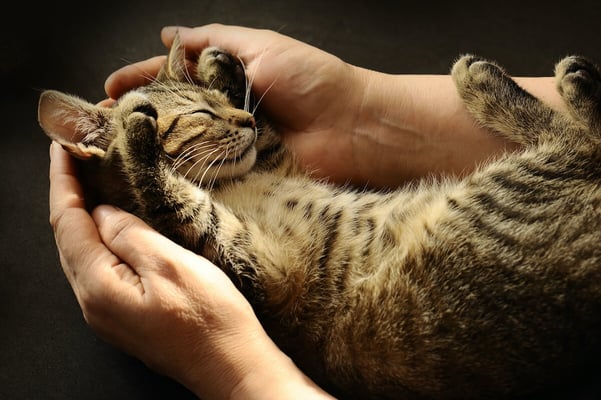
It’s important that you don’t try to force your kitten to be sociable, as some cats take longer than others to settle in. It’s a huge change in a kitten’s life to be removed from their feline mother and to learn to adapt to a new environment, new people, other pets and a new routine so patience is key.
Find out what type of personality your cat has with our Cat Character quiz created based on university research into cat personalities.
Give them everything they need!
Although cats are generally smaller in stature than dogs, they still need their own resources - and remember cats don’t like sharing! Cats are very independent and from a kitty’s point of view, they like their own bed, own litter tray, own hiding spots, own scratching posts and although they will cohabit with other cats or dogs, they want their own independence.
When you first bring them home, give them their own space in one room that has everything they need and only let them explore the rest of the house when they are feeling confident enough.
Don’t force them!
Cats will make up their own mind when they want to interact with you. When they start to approach you with their tail upright, or rubbing against you, you’ll know that progress is being made. Let them sniff your hand before attempting to stroke them; they are checking you out and making you part of their familiar scents, but if they move away it means that they are not quite ready to get up close and personal yet.
Signs that you can move forward with your relationship will be purring, kneading and pushing their head against your hand. Remember that cats prefer to be stroked around the head - not on their tummy and if you spot a twitching tail, moving ears or twitching fur, it’s time to back off!
Let them choose!
You can’t make a cat do what you want them to do, so give them choices! When they are still tiny kittens they may like to play chase with a fluffy toy on the end of a string, or they may wish to chase a ball across the floor or they may just like to curl up on your lap or a cushion for a nap. Keeping them physically and mentally alert is important, so you may like to try some training techniques, like teaching them recall (particularly useful when you want them to come inside), or encourage them to go into a cat carrier (useful when you need to take them to a vet).

Cat training sessions should always be short, and if they choose not to do it they will turn away, and you’ll know they’ve had enough!
Allow them to make their own choices and try to develop a routine; cats are naturally active early in the morning and in the evenings, so set aside some available time to play with them at these times. Learn how they play when they are kittens and how their play develops as they grow so that your bond will continue to grow as they do.
Cats like to groom!
Cats are clean creatures and spend a lot of time, preening and grooming themselves. It’s also a soothing action for your cat and keeps their coat in good condition.
Some cats enjoyed being groomed by humans, but not all. Again let it be their choice, but if they are receptive to you brushing or combing their fur, make it a positive action by rewarding them with a treat and remaining calm whilst you are doing it. Start with the areas they don’t mind being touched (around their head and neck), always being mindful to let them move away if they are not happy. Grooming will also give you the opportunity to regularly check them out for any scratches or bumps they may have or any fleas/ticks, so that you can take appropriate action to keep them healthy.
Cats are more likely to bond with you if they are feeling comfortable and secure in their home. Supporting your kitty by using FELIWAY Optimum will help build your bond with your newly adopted kitty. FELIWAY Optimum provides messages to help cats feel comfortable and secure by providing reassurance.
